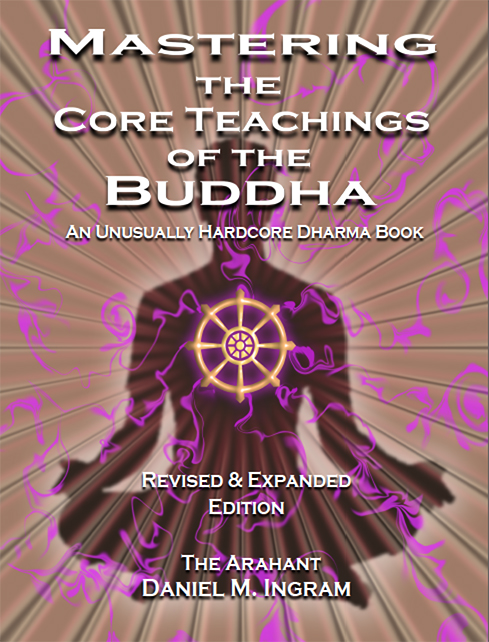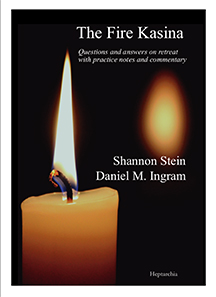The Unity Models
← The God Models | The True Self Models →
Directly related to the God models are the unity models, those that promise a palpable sense of your connection to everything. This is another one of those models that contains some strange grains of truth, but can easily get idealized in all sorts of problematic ways. What we generally imagine is that we will stay an agent, a separate, conscious, in-control being and simultaneously be part of everything in some mysterious way, such as either feeling everything else in the universe at all times, or even more ludicrous (or delusional), being in control of everything else at all times. Somewhere subtly buried in there is also generally some dream of ownership, that we will possess everything.
The general problem is that we half-imagine the model and don’t take it to full, actual, direct, experiential unity of the field, a field that is transient, just happening on its own, and not artificially divided into self and other, but just fluxing textures, qualities, and aspects, all the way through. Unity tends to imply numerous problematic ideals, such as stability, as in some stable, solid connection between a stable “I” and a stable everything else. It also tends to imply a duality, paradoxically, in that we imagine that we will be here as this defined and fixed entity that is experiencing unity.
Experiences that people describe as “unitive” are relatively common in certain stages, most commonly the A&P and Equanimity, as well as in the fourth, fifth, and sixth jhanas, though they can occur at other stages also, so if you have some transient experience of those, consider the context and its other aspects and see if it fits with one of those. Even Mind and Body, when it hits hard enough, can feel extremely unitive in some wondrous way, though this is not nearly as common as when in the A&P and Equanimity. Each of these is a partial unity, a taste of something unitive, and it can be profound and point out hints of something more that is possible.
We can describe high levels of realization as having a unitive aspect, in that mental and physical processes are just part of the fluxing field of experience in an integrated way, just aspects of some space that itself is fluid and transient, but the concept of Unity for most people implies something solid, stable, permanent, unchanging, eternal, fixed—and fixity, or changelessness, is an illusion, so beware of chasing unity in that way, as this is not as good or true as simply noticing what is going on clearly and directly.

